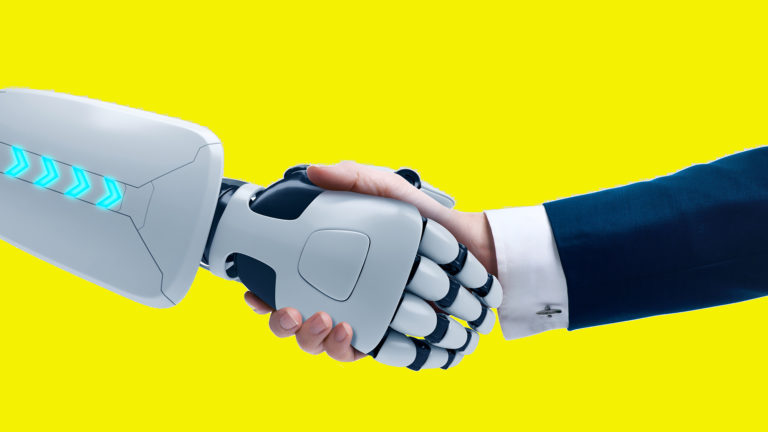Join getAbstract to access the summary!

Join getAbstract to access the summary!
Stuart Russell
“Human-compatible AI” by Stuart Russell (Data Driven Paris)
Firstmark, 2018
What's inside?
You need AI to help you live the life you want, and developers will make sure you get it.
Recommendation
Some people view the upcoming age of artificial intelligence (AI) as a threat to humankind. How long will it take for machines to take over the world? And will they care about ordinary, mortal human beings? During a meeting of the tech community Data Driven, AI expert Stuart Russell claims that people don’t need to worry: Developers can make sure that AI will always be beneficial for humans. AI systems will need to learn about individual preferences by observing humans and then assist them in living the life they want. Stay tuned if you’d like to know how this is going to be done.
Summary
About the Speaker
Stuart Jonathan Russell is Professor of Computer Science and holds the Smith-Zadeh Chair in Engineering at the University of California, Berkeley. He is also the founder and leader of the Center for Human-Compatible Artificial Intelligence (CHAI) at Berkeley.



















Comment on this summary